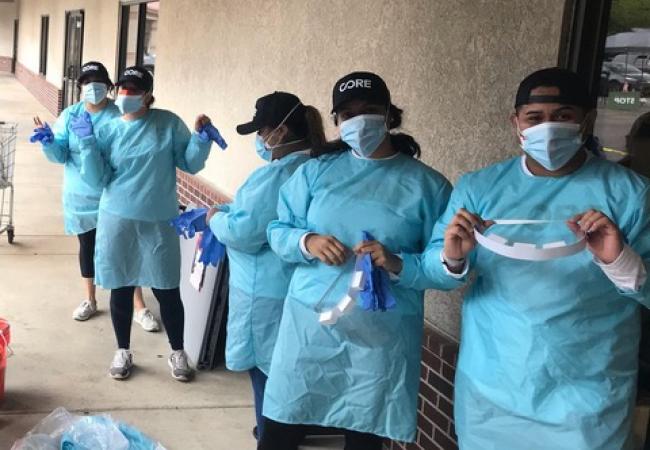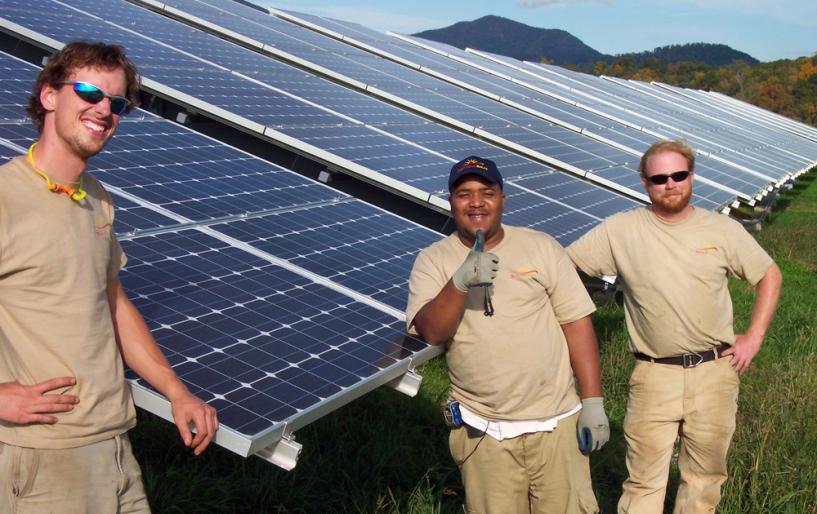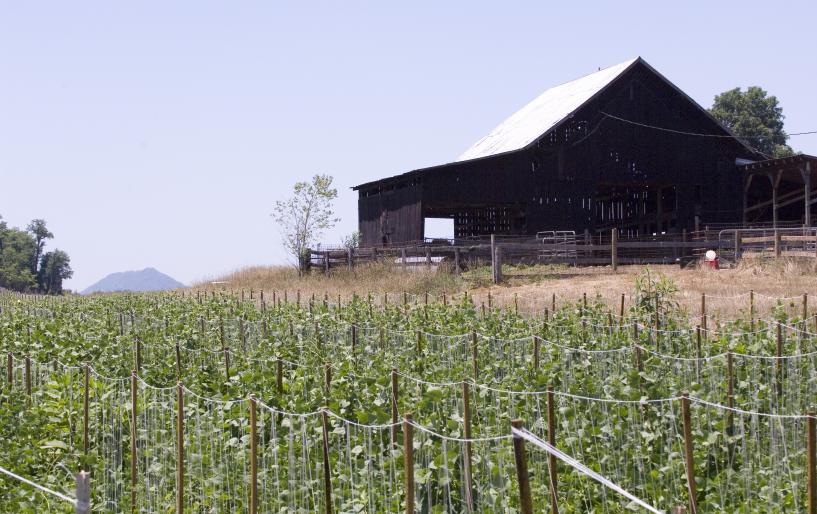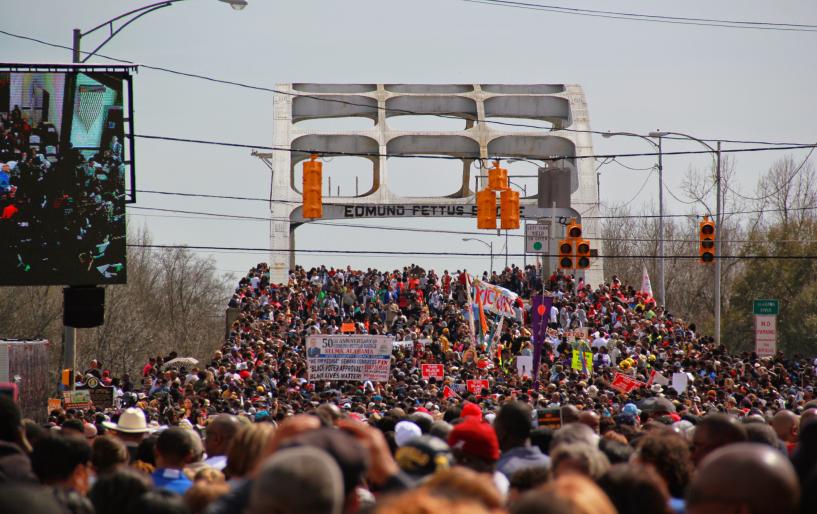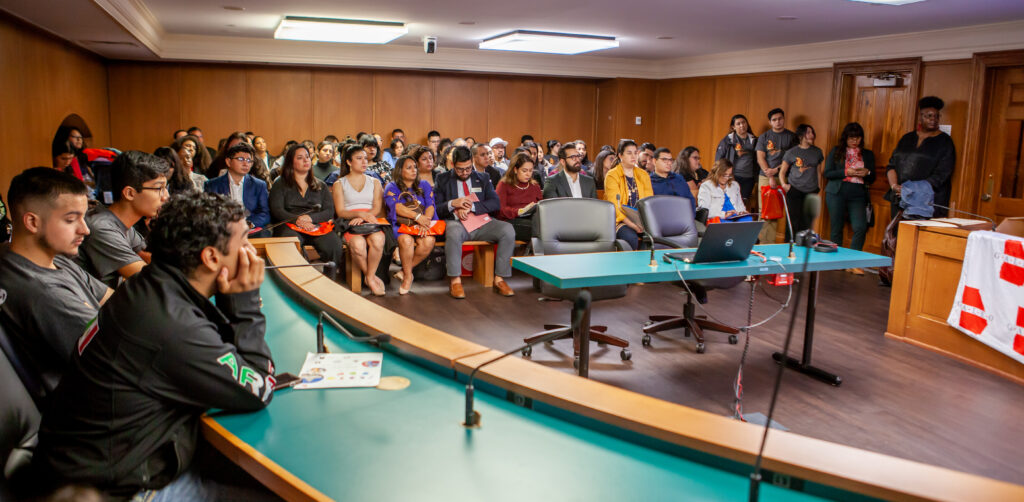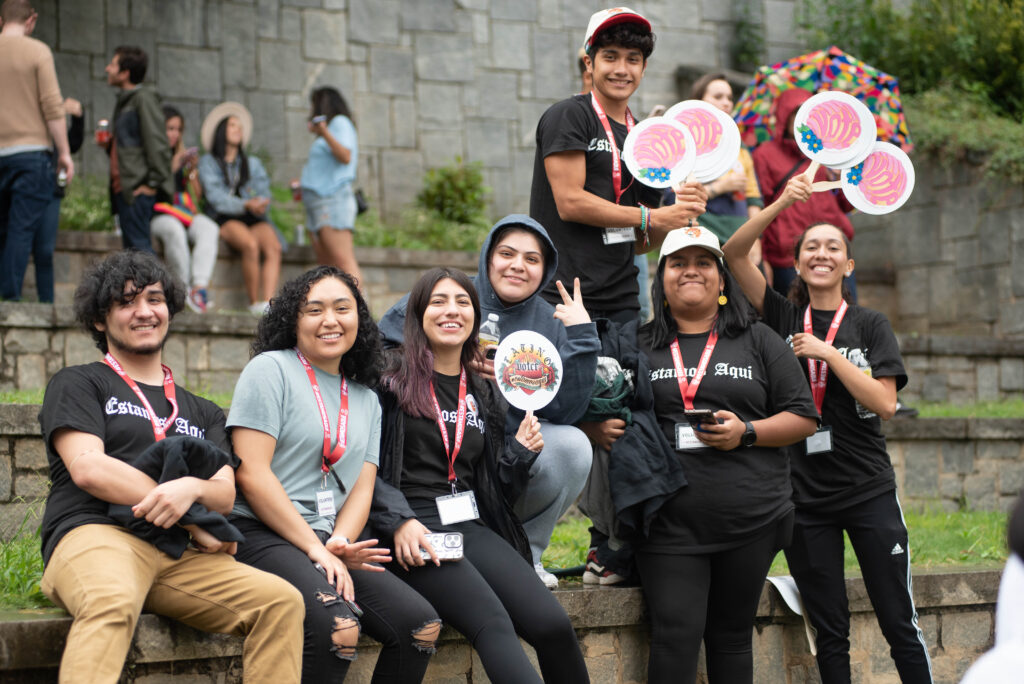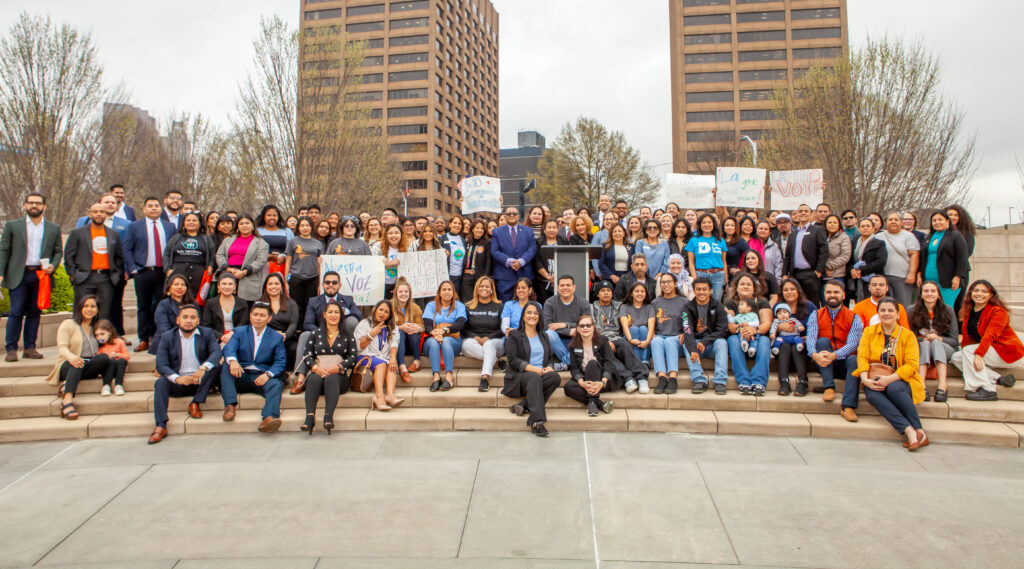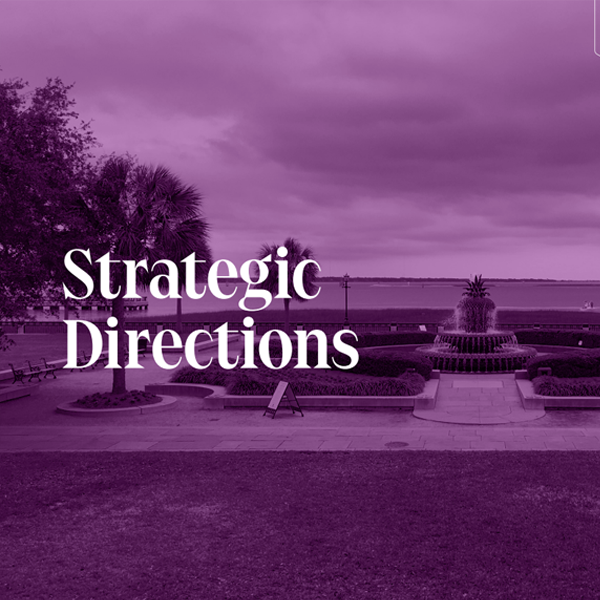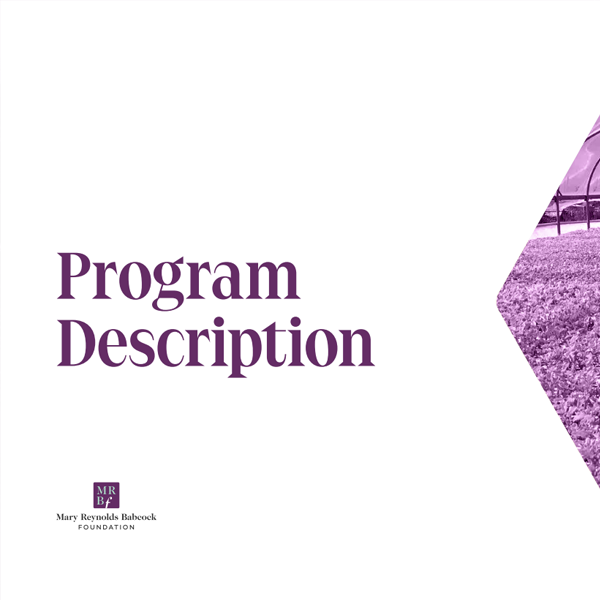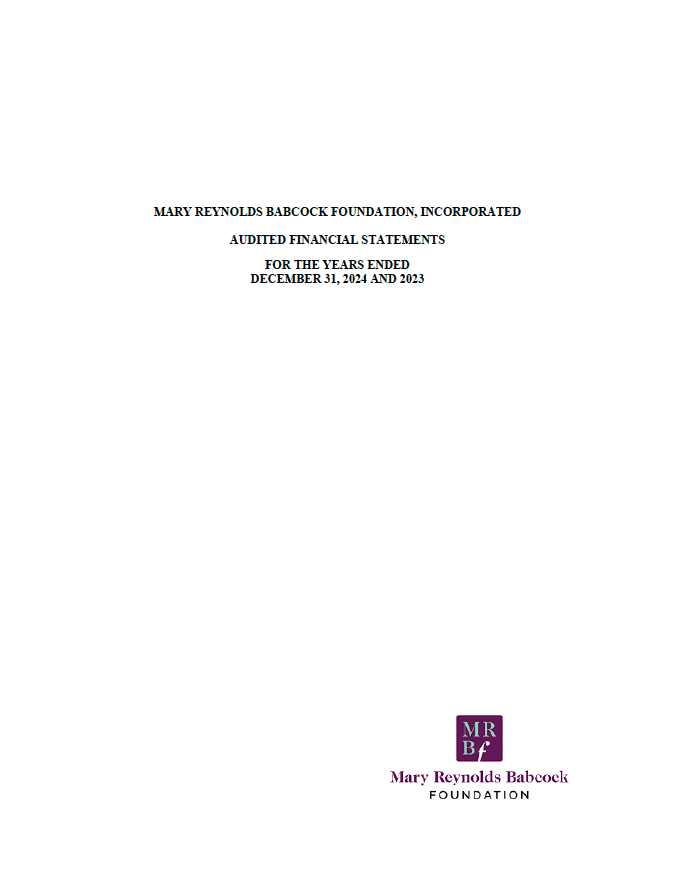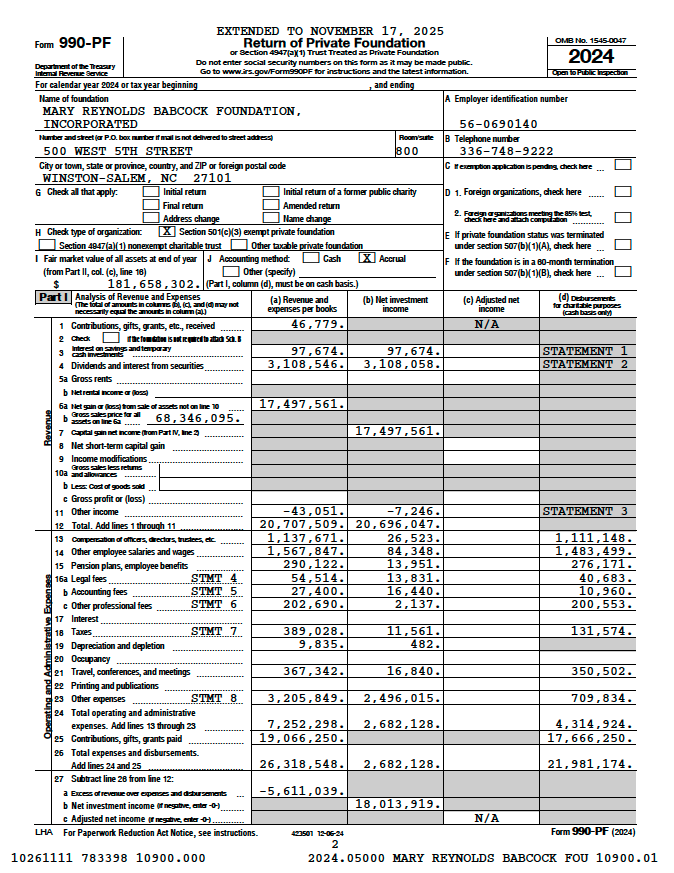
About
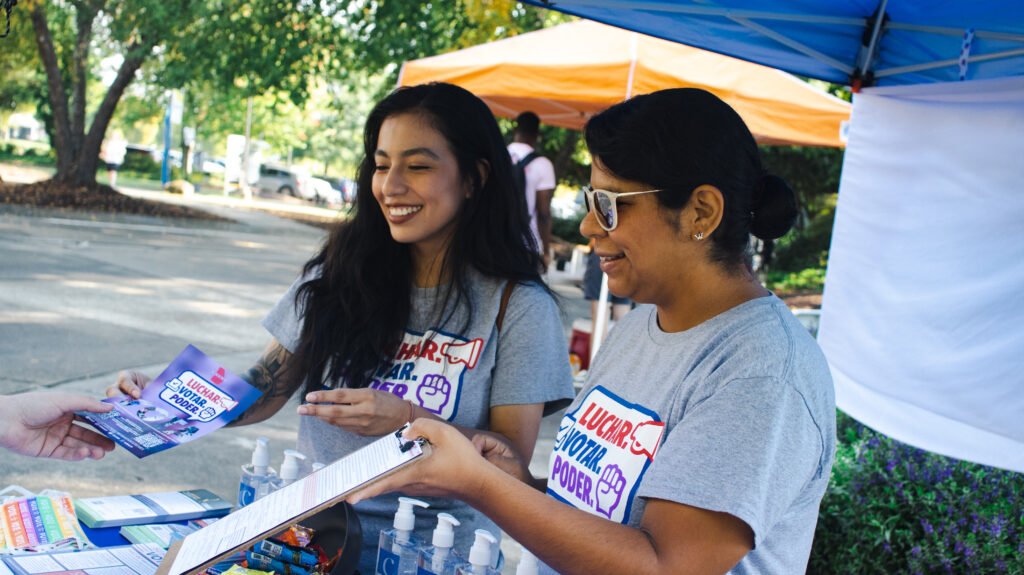
Mission
The Babcock Foundation’s mission is to help people and places move out of poverty and achieve greater social and economic justice.
Vision
We believe our vision of the South is possible. We invite you to join us in pursuit of it.
Commitment to Racial Equity
Potential is universal. Opportunity is not, particularly in the South.
In a more equitable South, a person’s wellbeing would not be determined by race, sex, sexual orientation, gender identity, national origin, religion, physical ability or class. All people would live in healthy, safe communities, participate in the decisions that affect their lives, and share in the region’s prosperity. Communities, guided by a rich diversity of experience and wisdom, would be strong and resilient.
Racism, however, continues to present barriers to fulfilling potential. Slavery, segregation and a host of laws, policies and practices have entrenched white supremacy, delivering enormous advantages to whites and pervasive disadvantages to people of color. While some of those systems have changed, the vast inequities they created persist in modern-day vestiges: school and housing segregation, sentencing disparities, lending and hiring discrimination, and wealth and homeownership gaps. Structural racism remains a monumental barrier to our mission; it must be dismantled for everyone to realize America’s promises.
Who We Are
What We Do
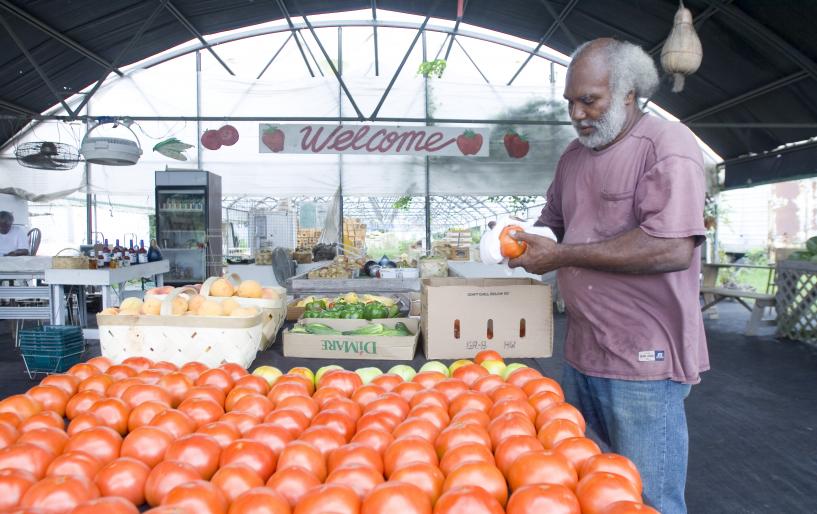
Grantmaking
The Babcock Foundation provides multiyear, general operating support to organizations and networks working to alleviate poverty and increase social and economic justice in across the South.
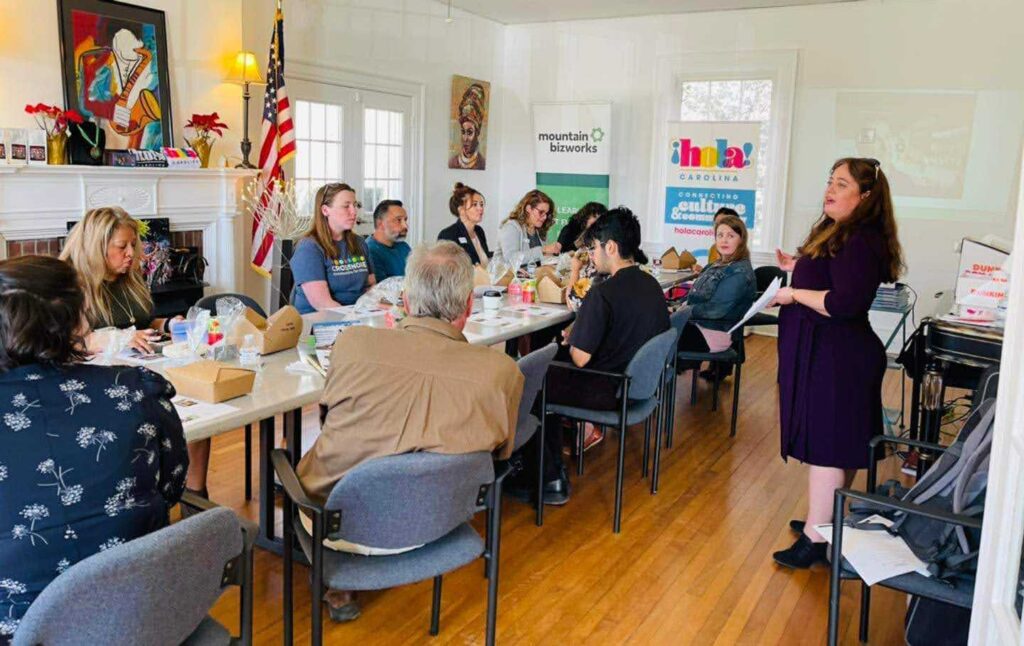
Mission Investing
We make program-related investments to financial intermediaries and other community organizations to utilize our endowment in ways that align with our mission, vision, and values.
